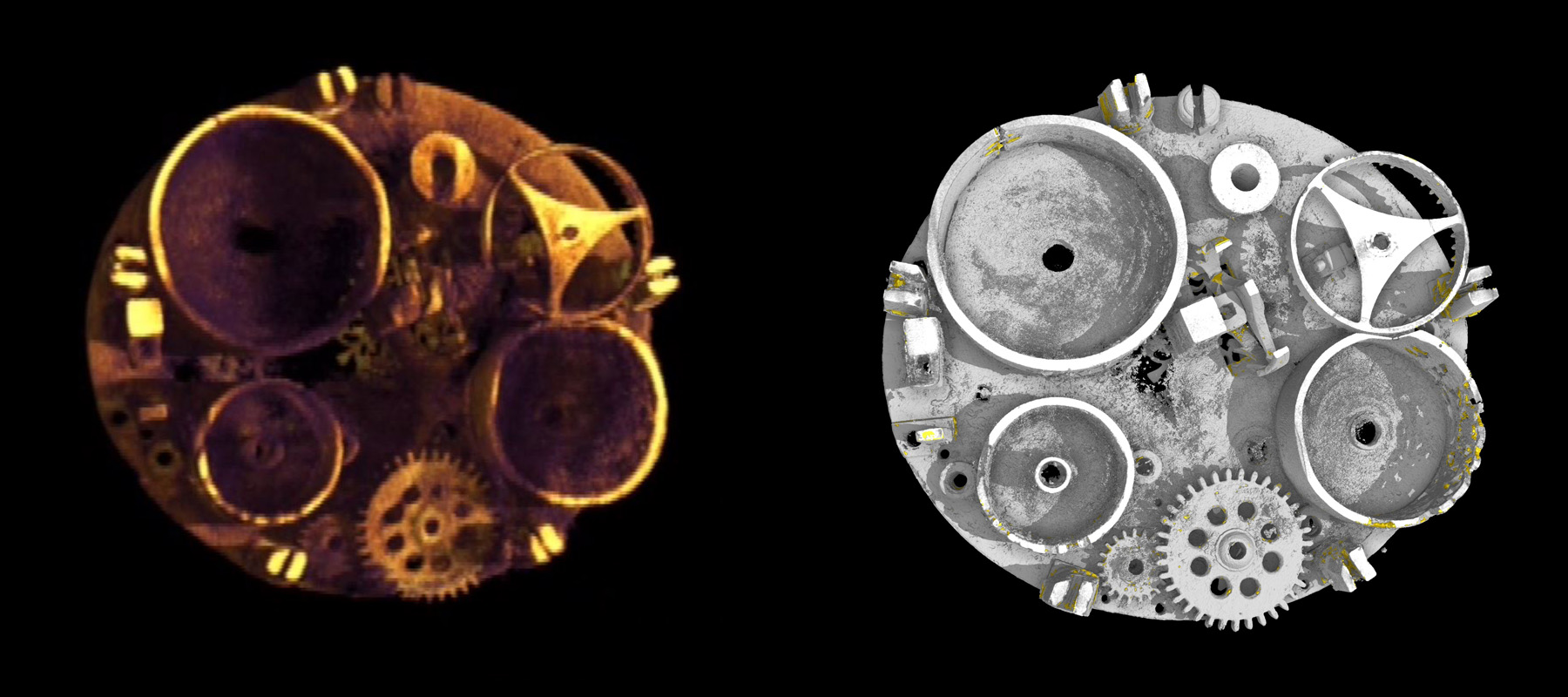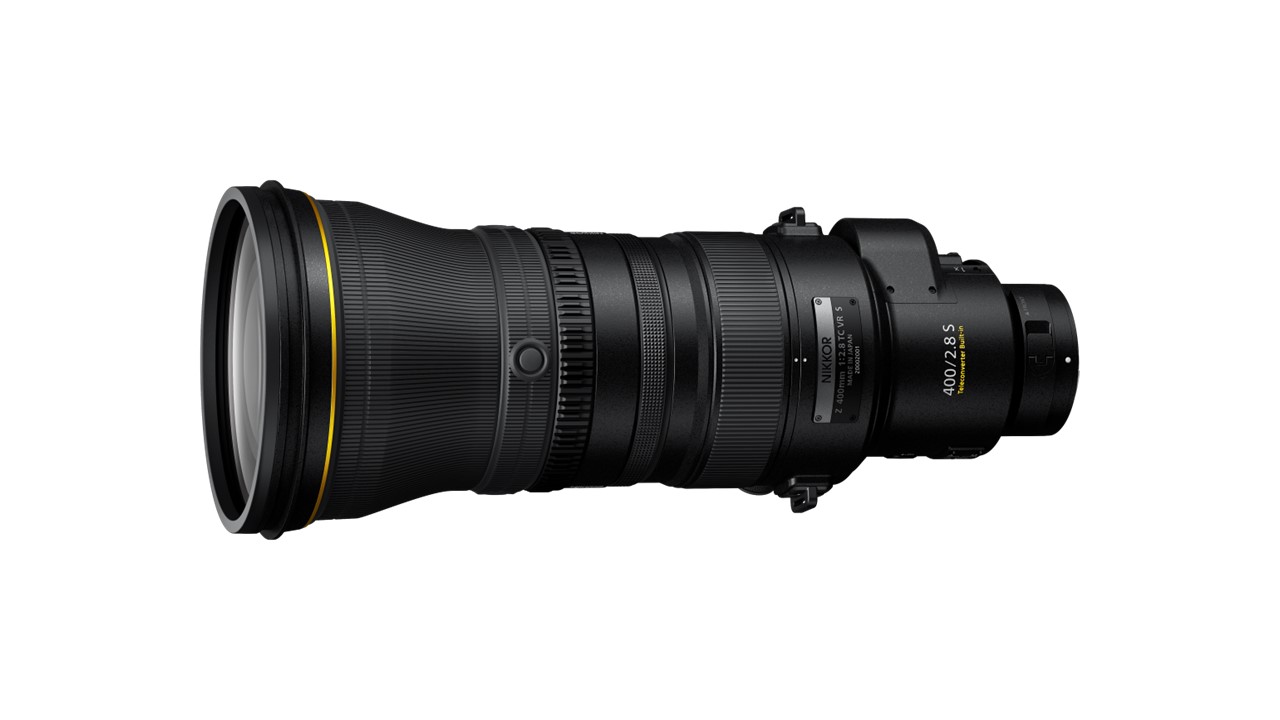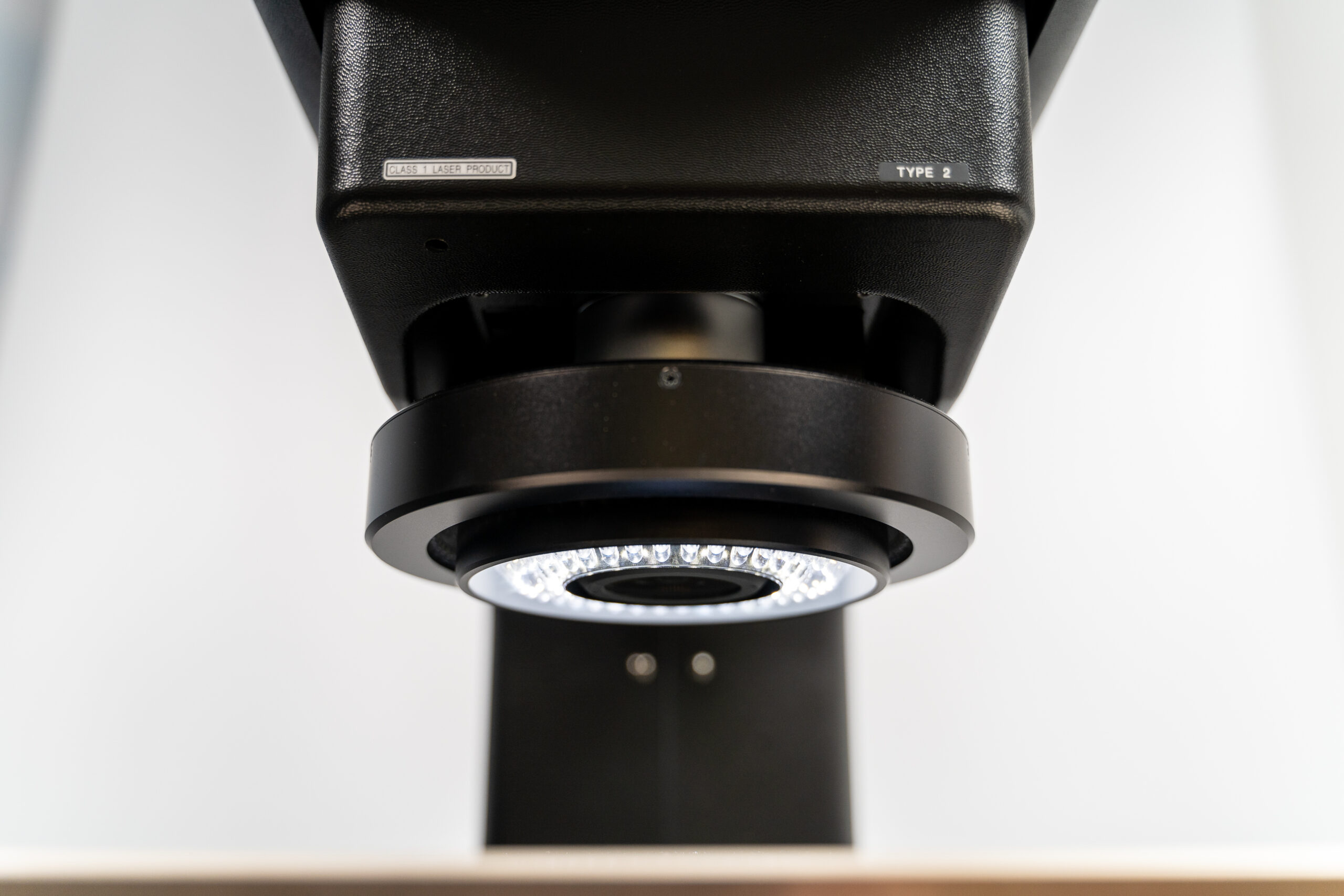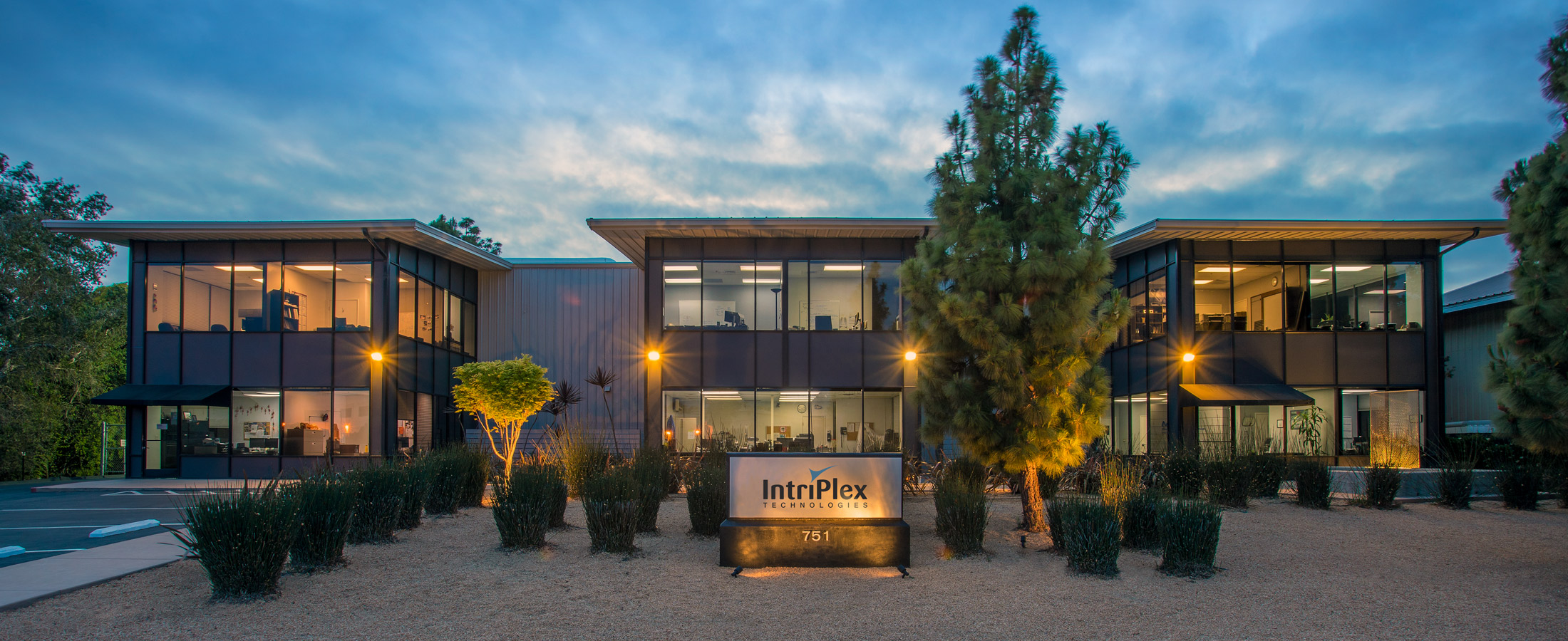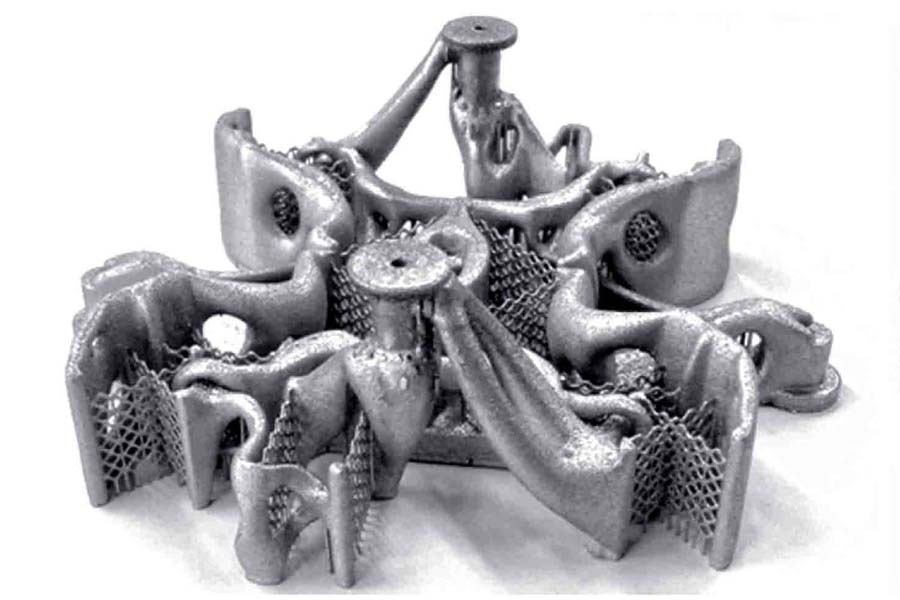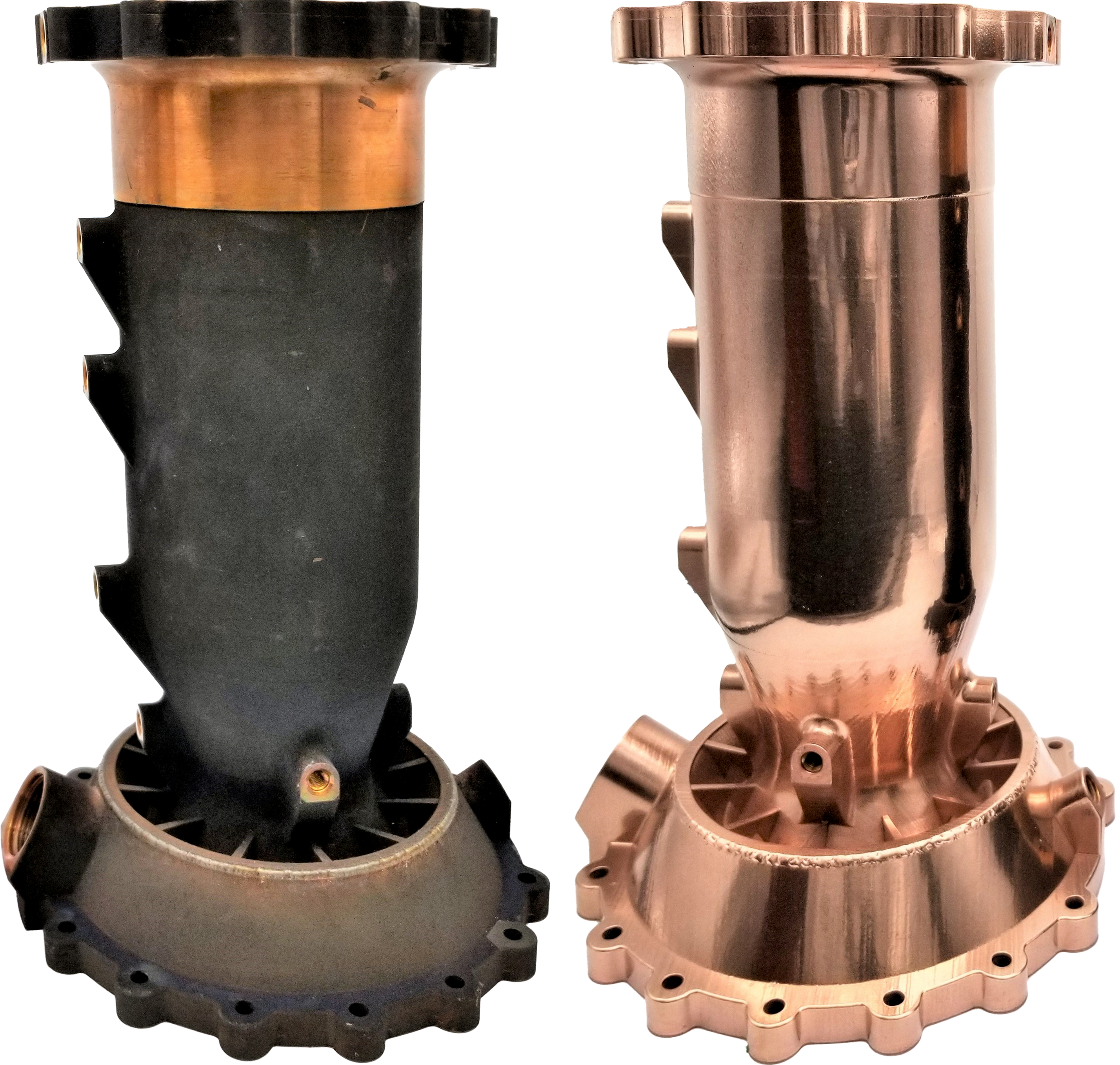Pedal-assist electric bicycles (pedelecs) are being manufactured more precisely by ÅSKA after the Industrial Metrology Business Unit of Nikon Corporation sent Service Coordinator and Support Engineer Kristof Vandevenne to carry out a series of checks on bike assembly at the frame factory, Gilbos in Aalst, Belgium.
ÅSKA’s brief to Nikon was to provide a one-off subcontract service to inspect the geometrical tolerances and form of the unpainted and painted bike frame. The manufacturer then used the results to adjust and improve its production process, without needing to buy metrology equipment for ongoing inspection.
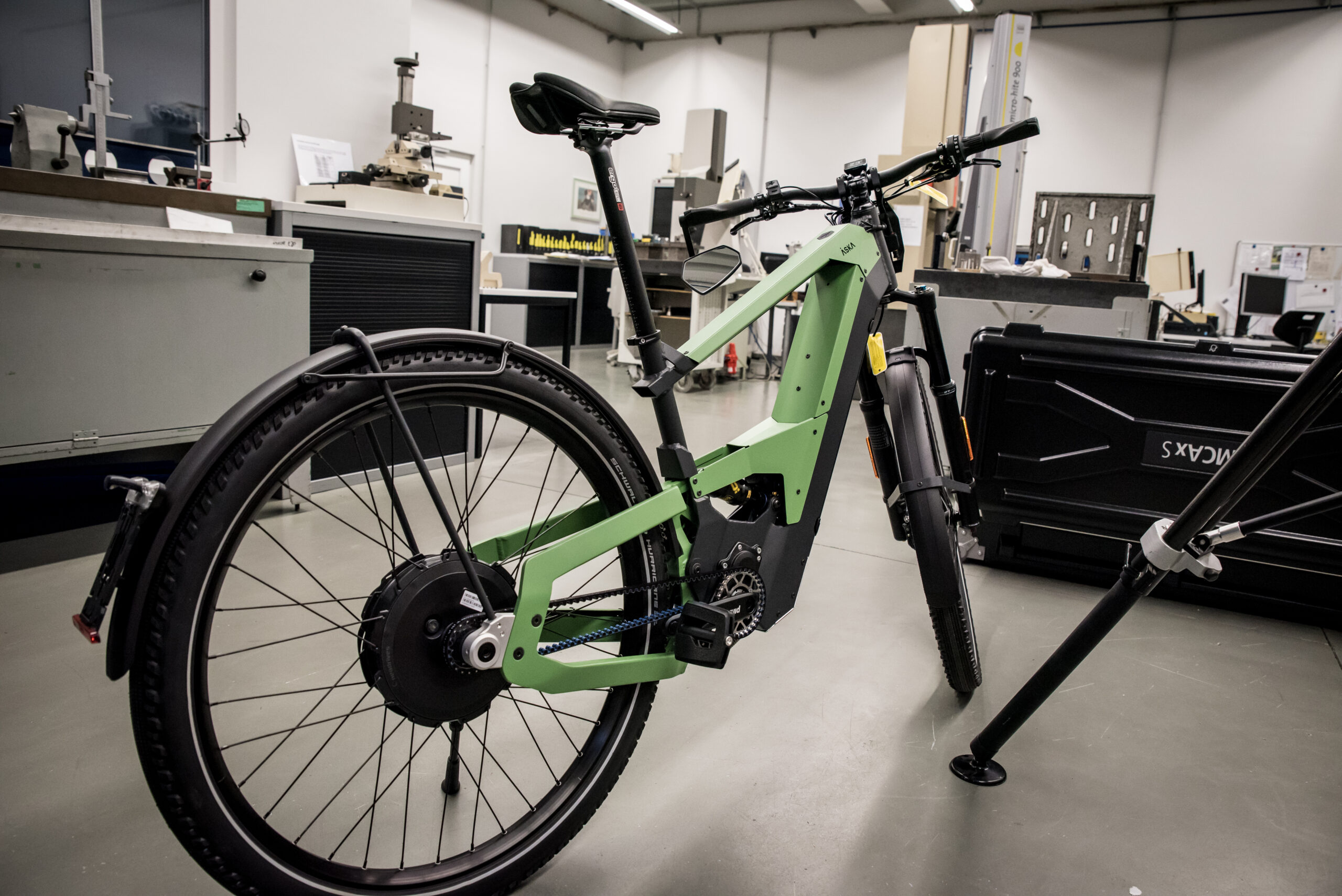
Sam Van Neck, Production Manager at ÅSKA Bike said, “We were using traditional tools like vernier callipers to measure the welded tubular frame, its components and the position and diameter of holes. However, we lacked the ability to measure in 3D and gain an overall understanding of how the entire frame was being put together.
“What we were missing was a complete scan of the frame to show us, for example, the position of the steering axis relative to the rear axle centreline, which is an important area of interest.”
A full scan of the frame gave us a good perspective on the assembly accuracy of our bike and the geometry of the frame.” Sam Van Neck, Production Manager at ÅSKA Bike
Mr. Vandevenne of Nikon was pleased to spend a valuable day with ÅSKA, exploring more about the frame assembly methodology and inspection needs. Using the class-leading ModelMaker H120 non-contact blue laser scanner, mounted to a 7-axis MCAx S portable articulated arm, both an unpainted aluminium frame and a painted, trimmed bike could be measured in full. Without any special preparation, the scanner was used to accurately capture dense point cloud data on all the surfaces. The arm’s tactile probe was used to measure some geometry a scanner may find difficult-to-reach optically, such as deep inside bores to precisely define axis geometry, alongside trim and accessory mounting holes.
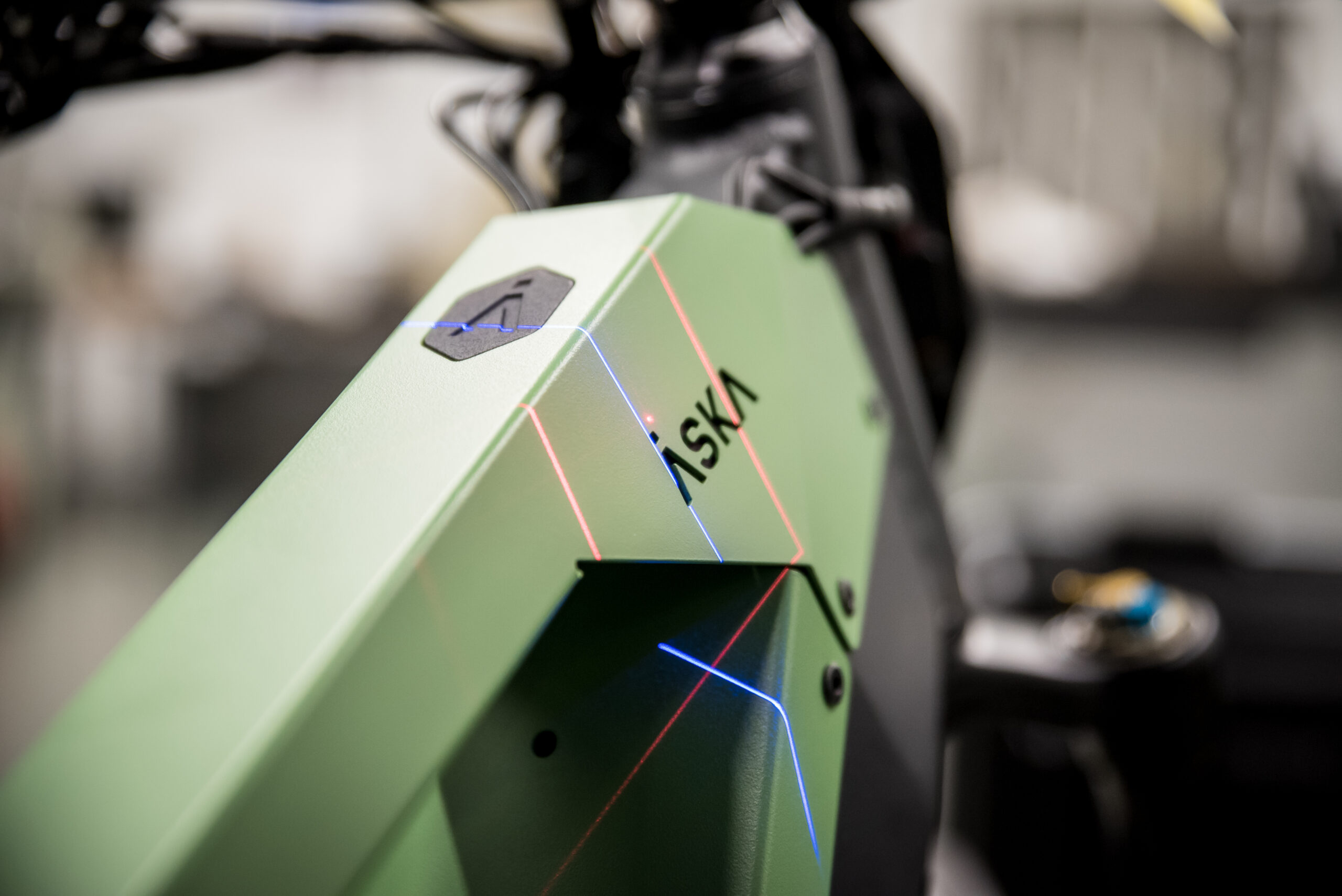
The scan data, meshed in real time during measurement, in combination with the probed geometric features, was analysed using PolyWorks Inspector software to enable extraction of the bike frame measurements. In this way, an accurate model was built up of the frame and ÅSKA’s manufacturing process, allowing it to be enhanced without the expense of having to invest in inspection equipment.
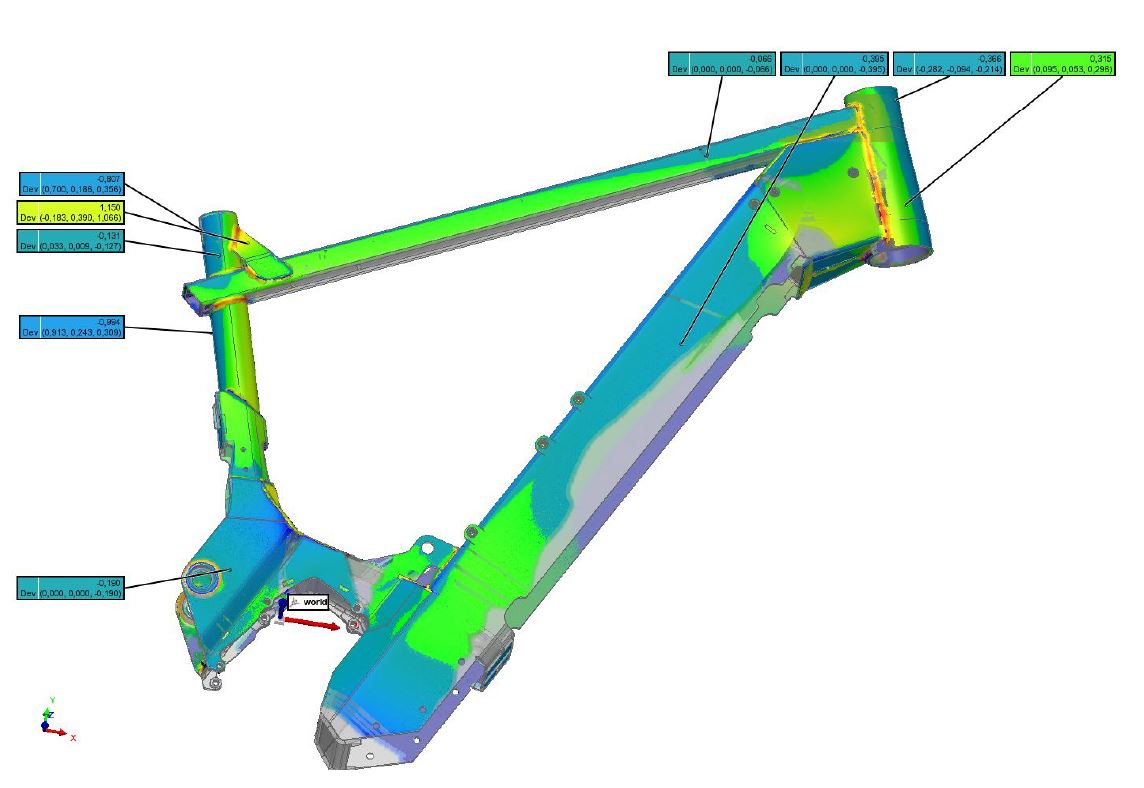
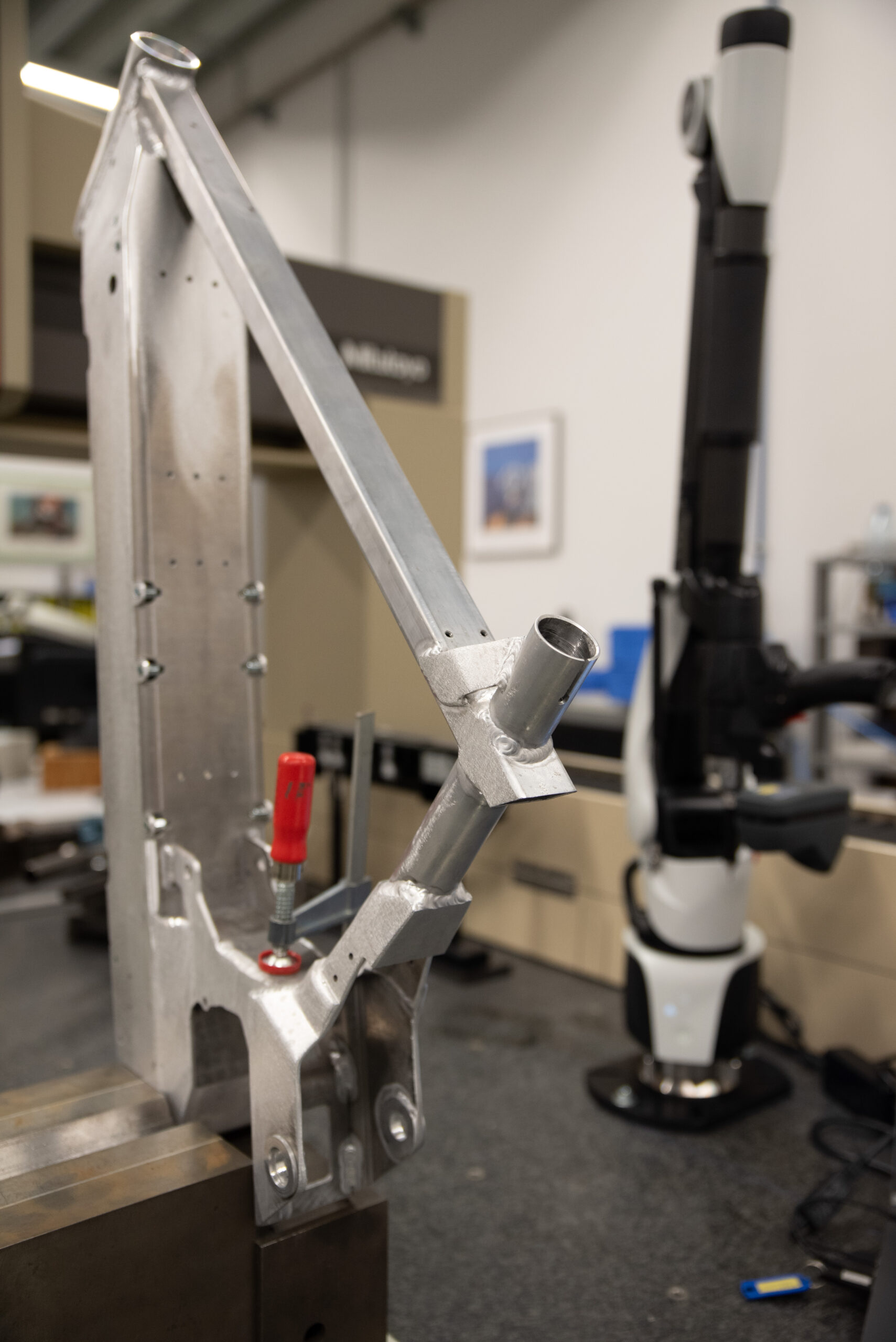
Mr. Van Neck confirmed, “A full scan of the frame gave us a good perspective on the assembly accuracy of our bike and the geometry of the frame. We then used the data as a reference and made adjustments to fixtures and elsewhere to optimise ongoing production. The day with Mr. Vandevenne at our facility went very smoothly and efficiently.”
